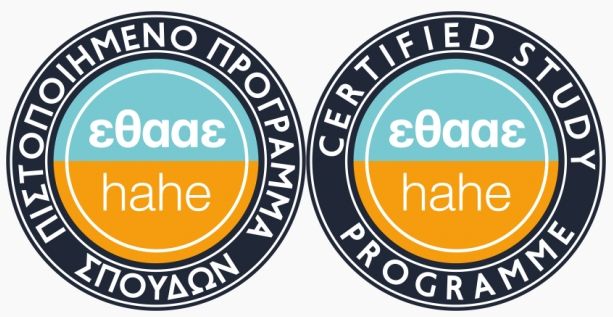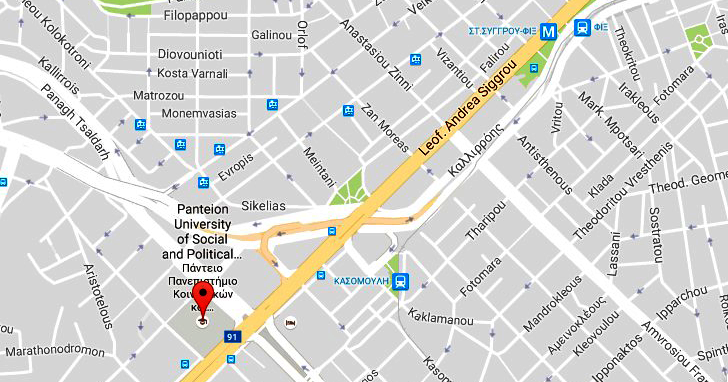Τίτλος διατριβής: "Πολιτιστικές Νεοφυείς Επιχειρήσεις στην Ελλάδα και Βιώσιμη Ανάπτυξη"
Επιβλέπων: Νίκος Λέανδρος, Καθηγητής
Η Αντιγόνη Ζόγκα γεννήθηκε στην Αργεντινή και μεγάλωσε στην Ελλάδα. Σπούδασε στο Τμήμα Θεατρικών Σπουδών του ΕΚΠΑ, και Οπτικοακουστικά Μέσα στο Universitat de Barcelona (πρόγραμμα Erasmus), ενώ ολοκλήρωσε με άριστα τις μεταπτυχιακές της σπουδές στην Πολιτιστική Διαχείριση, στο Πάντειο Πανεπιστήμιο. Έχει εργαστεί σε Ελλάδα και Ιταλία ως συντάκτρια και κριτικός σε εφημερίδες και περιοδικά, σε κινηματογραφικές και θεατρικές παραγωγές, και έχει συνεργαστεί με φεστιβάλ και πολιτιστικούς οργανισμούς.
Έχει συγγράψει δύο βιβλία, το μυθιστόρημα Ελένα Μοράδο, που κυκλοφόρησε από τις εκδόσεις Κέδρος, και τη συλλογή διηγημάτων Κιντσούγκι, από τις εκδόσεις Ιωλκός. Υπήρξε Υπεύθυνη Λειτουργίας στο πρότυπο εκκολαπτήριο νεανικής επιχειρηματικότητας Orange Grove, και είναι μέντορας στο δίκτυο του Social Dynamo του Ιδρύματος Μποδοσάκη, στον τομέα της Πολιτιστικής Διαχείρισης.
This email address is being protected from spambots. You need JavaScript enabled to view it.
Cultural Startups in Greece and Sustainable Growth
Antigone Zogka was born in Argentina and grew up in Greece. She studied Theatre Studies at the National and Kapodistrian University of Athens, Audiovisual Media at the Universitat de Barcelona (Erasmus program), and holds a master’s degree in Cultural Management from the Panteion University. She has worked in Greece and in Italy as an editor and critic for magazines and newspapers, in film and theatre productions, and has collaborated with festivals and cultural organizations. Her novel Elena Morado was published by Kedros Editions and her short stories Kintsugi by Iolkos Publications. She worked with the startup incubator Orange Grove as Operations Manager, and is part of the pro bono Mentor Network of the Bodossaki Foundation at Social Dynamo, sharing her skills and expertise in the Cultural Management Field. She is currently working on her PhD research titled “Cultural Startups in Greece and Sustainable Growth”, under the supervision of Professor Nikos Leandros.






